How To Use Ketoconazole Shampoo For Hair Loss Prevention
Understand how this shampoo can keep your scalp healthy and contribute to healthy hair.
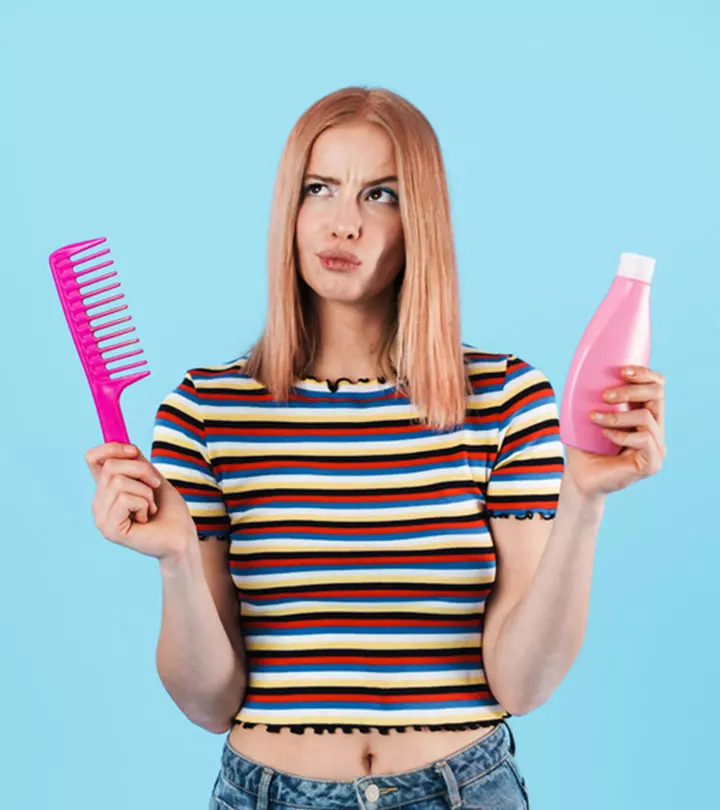
Image: Shutterstock
Ketoconazole is an antifungal agent used to treat a range of scalp and hair problems. This might explain the recent interest in ketoconazole shampoo for hair loss. Even though further research is needed to prove ketoconazole’s efficacy as a hair thinning treatment, preliminary results are encouraging. Furthermore, it has anti-androgenici Any substance that has the biological ability to block or surpass the effect of male sex hormones like testosterone on the body. effects and can help control pattern baldness (1). This article discusses how to use a ketoconazole shampoo to manage scalp and hair-related problems. Take a look.
In This Article
What Is Ketoconazole Shampoo?

Ketoconazole shampoo is an over-the-counter medicated shampoo used to treat fungal infections of the scalp like dandruff and helps manage conditions like seborrheic dermatitis and psoriasisi An autoimmune skin condition that causes rashes and inflammation and leads to scaly and itchy patches on the skin. . It helps control flaking, scaling, and itching and reduces inflammation by slowing down the fungal growth (2). This keeps your scalp healthy and helps manage hair loss issues.
In the next section, we have explained how ketoconazole may prevent hair loss.
Key Takeaways
- Ketoconazole shampoo helps alleviate scaling, flaking, and itchy scalp, courtesy of its antifungal properties.
- A healthy scalp tends to witness reduced hair loss and improved hair growth.
- Several studies have highlighted the therapeutic effects of this shampoo.
- However, you should use this medicated shampoo after consulting a doctor and avoid applying it on cuts and wounds.
Does Ketoconazole Shampoo Prevent Hair Loss?
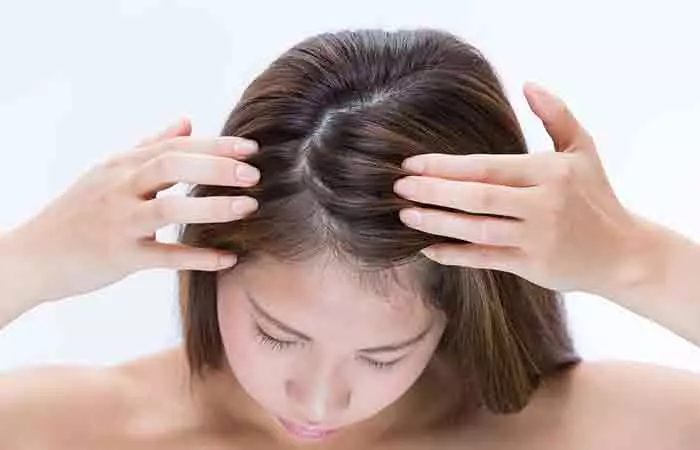
The answer is perhaps yes. Your hair health depends on your scalp condition. Fungal infections and other issues often damage the hair follicles. Further irritation and itching can aggravate the condition and cause hair fall.
Chloe, a blogger, shared her experience of dealing with extreme dandruff and how she dealt with it. She writes, “[Using] an anti-dandruff shampoo with Ketoconazole, I was able to keep the condition at a level where it enabled new hair growth to come in like baby hair. Yay (i)!”
Ketoconazole shampoo or a topical solution can prevent infections, keep the scalp healthy, and prevent hair loss. It can also promote hair growth. Several studies have indicated the hair growth-promoting effect of ketoconazole:
- Topical ketoconazole was found to improve female pattern hair loss. Researchers found that 2% ketoconazole had a trichogenic effect (hair growth-promoting). However, compared to topical minoxidil, ketoconazole has a delayed effect (1).
- According to another pilot study, ketoconazole inhibits 5-alpha reductase (the enzymei Proteins that act as biological catalysts and accelerate chemical reactions which speed up the body’s metabolism. that converts testosterone to DHT). It is believed to improve hair growth in people with androgenic alopecia (3).
- Animal studies reported that 2% ketoconazole shampoo stimulated hair growth and had a clinically therapeutic effect on androgenetic alopecia (4).
Although studies show promising results, more research is required to establish a correlation between ketoconazole shampoos and reduced hair loss.
 Did You Know?
Did You Know?Ketoconazole is a medicated ingredient, and any hair care product containing it should not be used without consulting a doctor.
How To Use Ketoconazole Shampoo
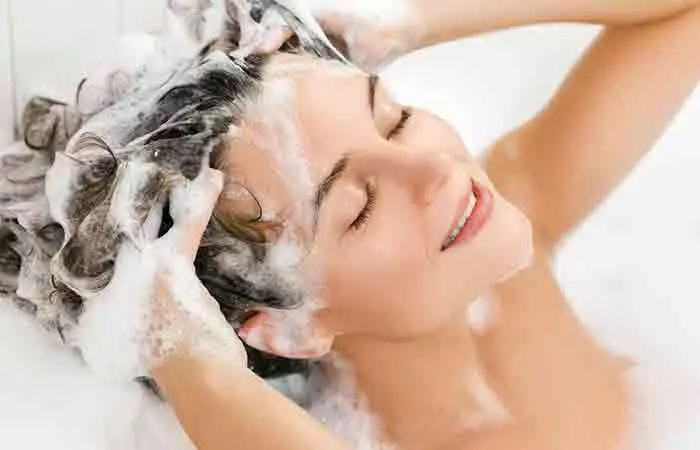
- Apply it to your wet scalp and hair and massage.
- Leave it on for 2-3 minutes.
- Rinse the scalp and hair thoroughly.
- Follow your usual conditioning routine.
Note:
Do not use ketoconazole shampoo on cuts and wounds.
Ketoconazole is also available in the form of creams and ointments. These are used for fungal skin issues like ringworm, tinea cruris(jock itch), and tinea pedis (athlete’s foot) (2).
Ketoconazole may cause allergic reactions and other side effects. Let’s take a look.
The Side Effects Of Using Ketoconazole Shampoo
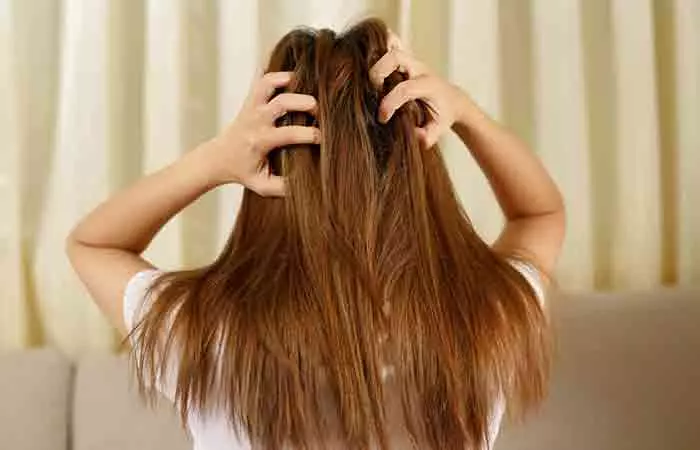
Ketoconazole shampoo may cause (1):
- Allergic reaction
- Change in hair texture
- Scalp irritation
- Oily or dry scalp
It may also cause serious side effects like:
- Hives
- Rashes
- Difficulty in breathing
- Redness
- Swelling
- Tenderness
- Pain or warmth on the area of application
 Trivia
TriviaNote: It is ideal to consult a medical professional before using ketoconazole to understand its suitability for your hair and scalp condition. Further, try a patch test before incorporating it into your hair care regimen, and contact your doctor immediately if you notice anything unusual.
Nizoral is another shampoo that is often used to combat dandruff. Find out if it differs from ketoconazole shampoo in the next section.
Ketoconazole Shampoo Vs. Nizoral
Both ketoconazole shampoo and Nizoral essentially serve the same purpose. Nizoral is simply a brand name for a ketoconazole-based shampoo. The main difference lies in the branding and concentration. Nizoral contains a 2% concentration of ketoconazole and is often recommended for severe dandruff or fungal scalp conditions. Generic ketoconazole shampoos may have different concentrations and can be used as alternatives. It is essential to follow a dermatologist’s recommendation regarding the choice between Nizoral or other ketoconazole shampoos, based on the specific condition being treated, as the right concentration can make a significant difference in their effectiveness.
Infographic: Tips For Using Ketoconazole As Cream, Foam, And Gel
Ketoconazole is an antifungal agent used to treat scalp and hair issues. You can use ketoconazole shampoos to help solve hair loss issues and improve hair growth. Besides, it is also used as cream, foam, and gel to heal fungal infections on the skin.
Check out the infographic below to learn some tips for using ketoconazole as cream, foam, and gel. Illustration: StyleCraze Design Team
Ketoconazole shampoo effectively treats fungal infections and helps minimize hair fall. It also promotes hair growth and it could play a role in the management of androgenetic alopecia. However, it may cause allergic reactions. Hence, consult a doctor before using a ketoconazole shampoo.
Frequently Asked Questions
How often should I use ketoconazole shampoo for hair loss?
It depends on the severity of your condition. Follow a routine as prescribed by the doctor.
Who should not use ketoconazole shampoo?
Anyone allergic to ketokonazole should avoid using it. Also, avoid applying it to broken skin, as it may irritate.
Can you leave ketoconazole shampoo overnight?
No, you cannot leave it on overnight. Wash it off after 3-5 minutes.
Do I use regular shampoo after ketoconazole shampoo?
No. Do not use another shampoo after using ketoconazole, as that will rinse off the active ingredients from the scalp.
Ketoconazole shampoo can help reduce hair loss and promote healthy hair growth. Check out this video to learn about its benefits and how to use it.
Personal Experience: Source
StyleCraze's articles are interwoven with authentic personal narratives that provide depth and resonance to our content. Below are the sources of the personal accounts referenced in this article.
i. Make the derm squirmhttps://chloepassey.wordpress.com/2016/03/11/make-the-derm-squirm/
References
Articles on StyleCraze are backed by verified information from peer-reviewed and academic research papers, reputed organizations, research institutions, and medical associations to ensure accuracy and relevance. Read our editorial policy to learn more.
- Trichogenic effect of topical ketoconazole versus minoxidil 2% in female pattern hair loss: a clinical and trichoscopic evaluation,
https://biomeddermatol.biomedcentral.com/articles/10.1186/s41702-019-0046-y - Ketoconazole Topical,
https://medlineplus.gov/druginfo/meds/a605014.html - Pilot Study of 15 Patients Receiving a New Treatment Regimen for Androgenic Alopecia: The Effects of Atopy on AGA,
https://www.ncbi.nlm.nih.gov/pmc/articles/PMC3262531/ - Topical application of ketoconazole stimulates hair growth in C3H/HeN mice,
https://pubmed.ncbi.nlm.nih.gov/15863844/
Read full bio of Dr. Sergio Vañó Galván
Read full bio of Anjali Sayee
Read full bio of Eshna Das
Read full bio of Krati Darak







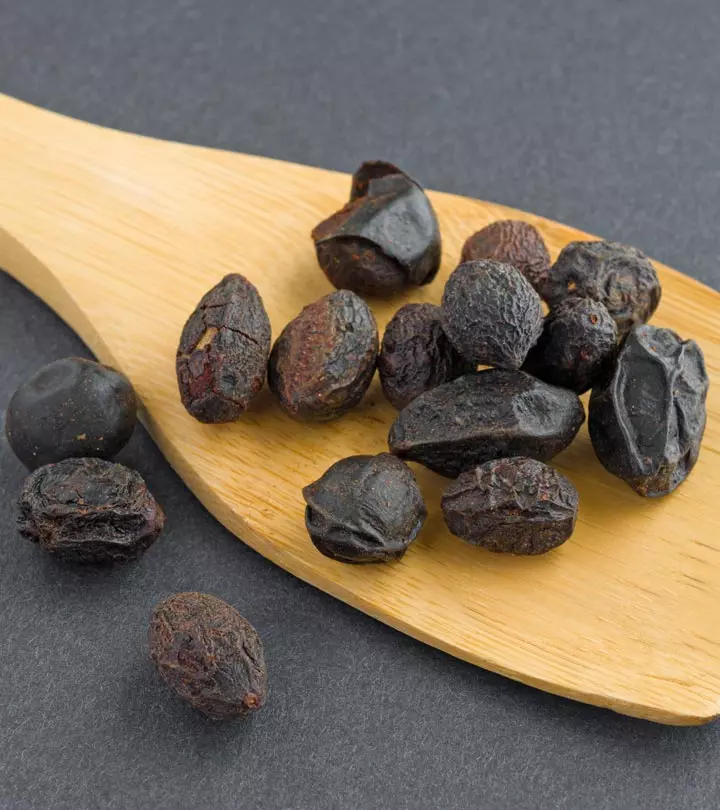
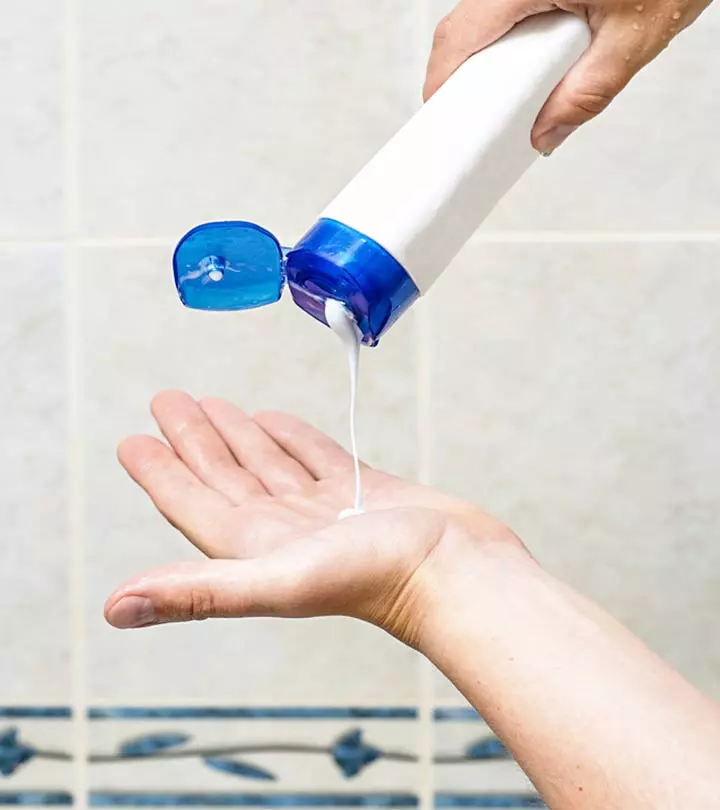
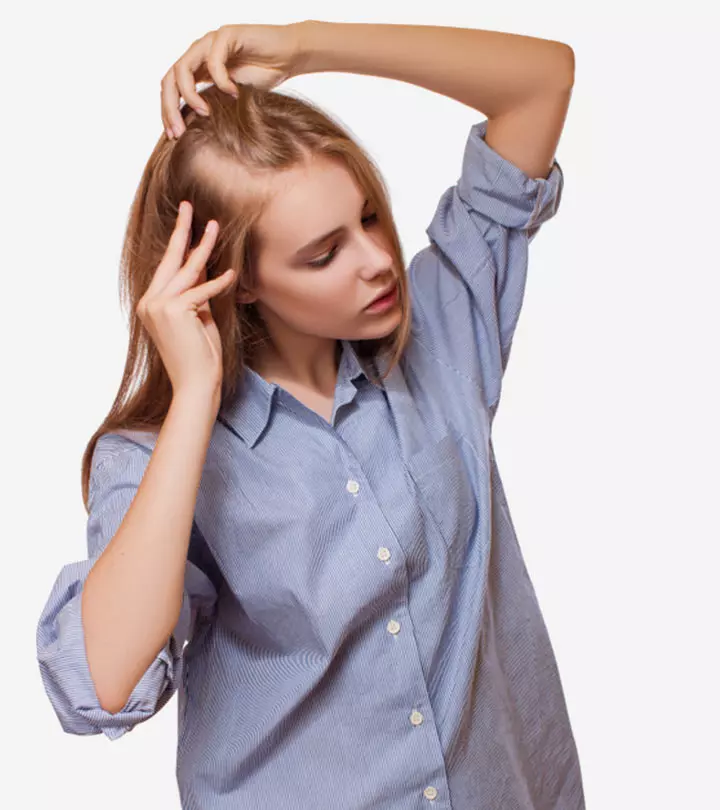
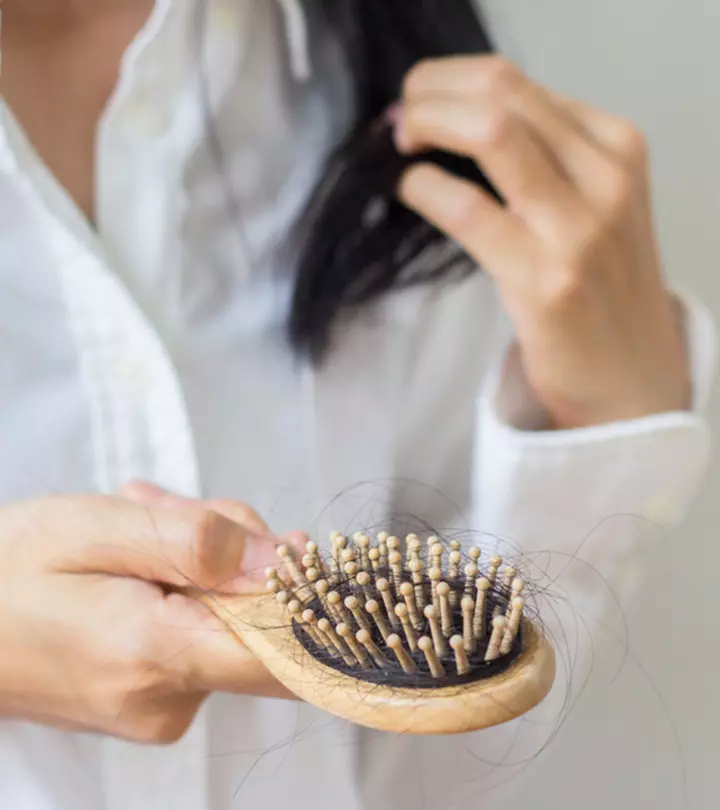

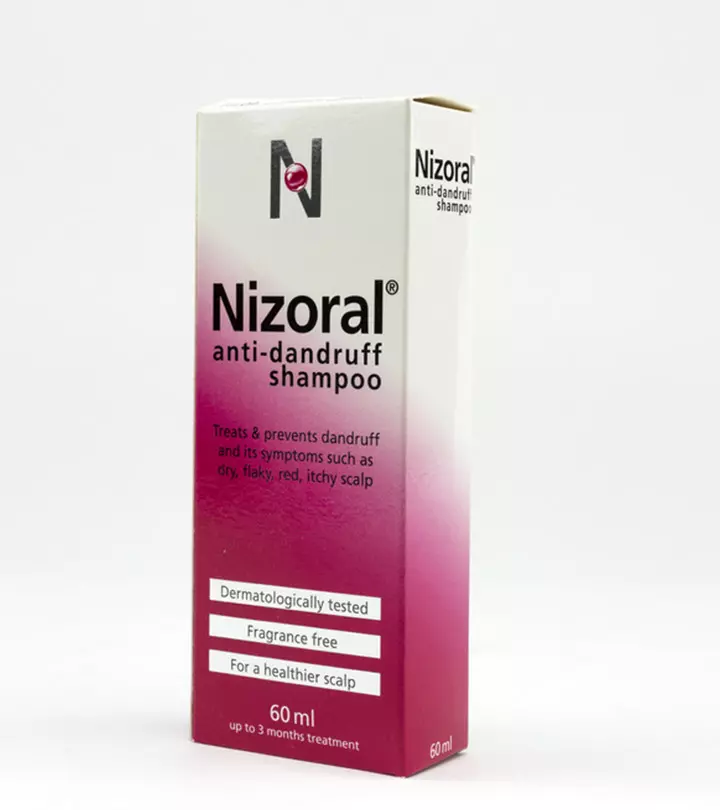


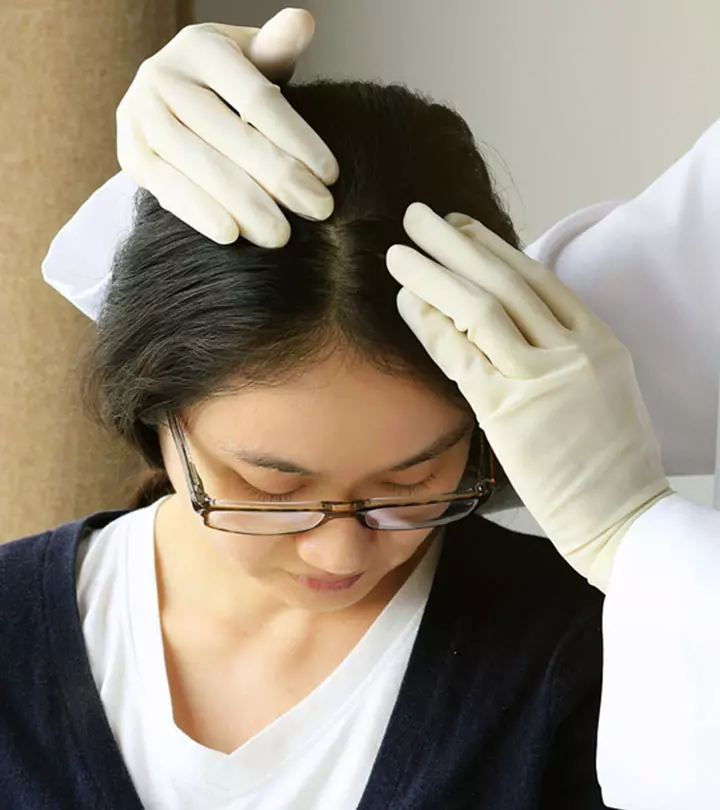
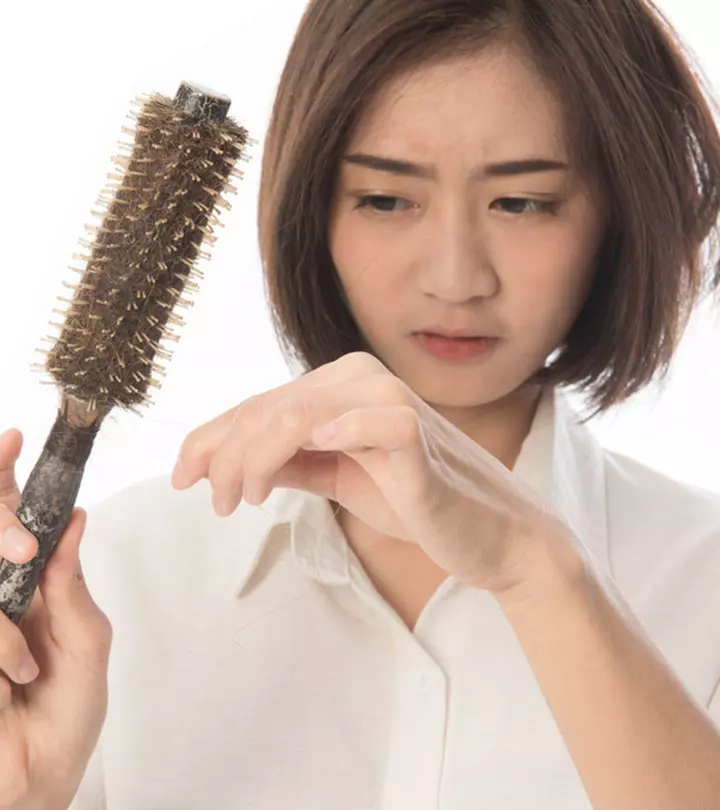

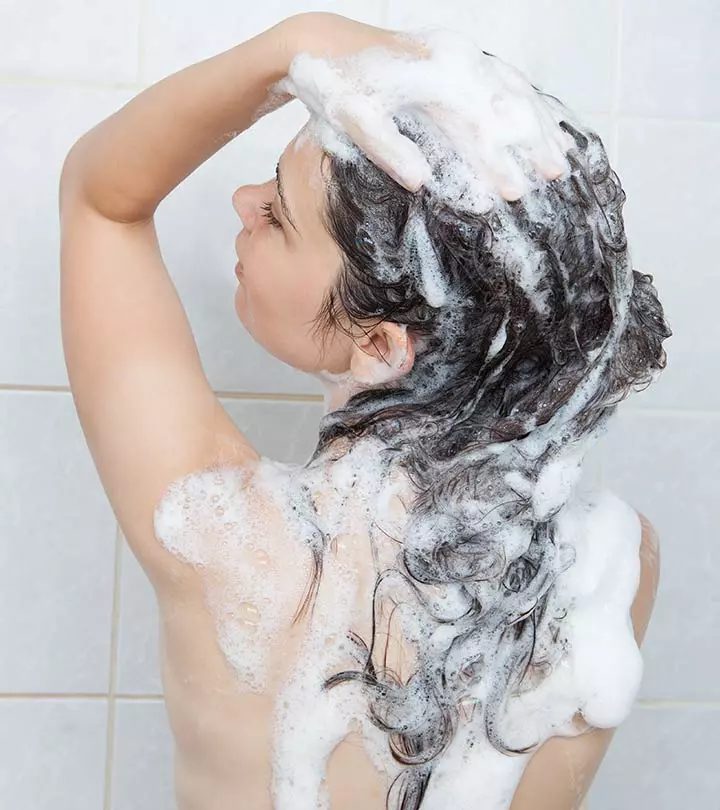
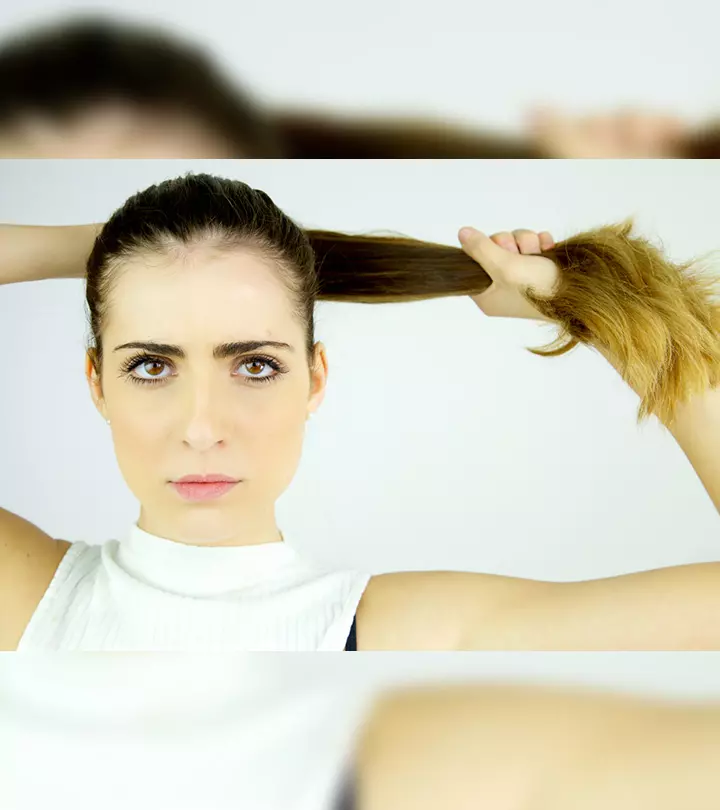
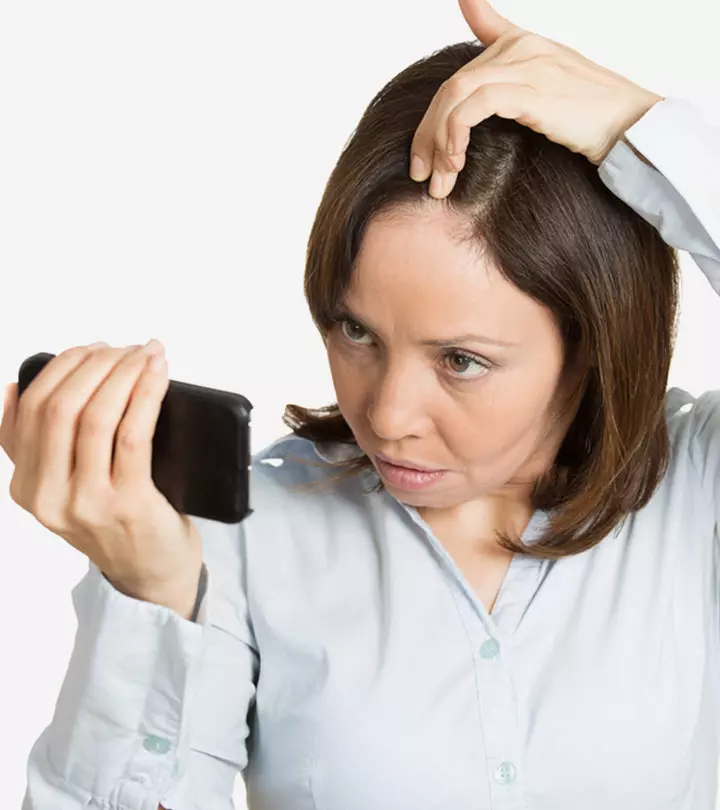
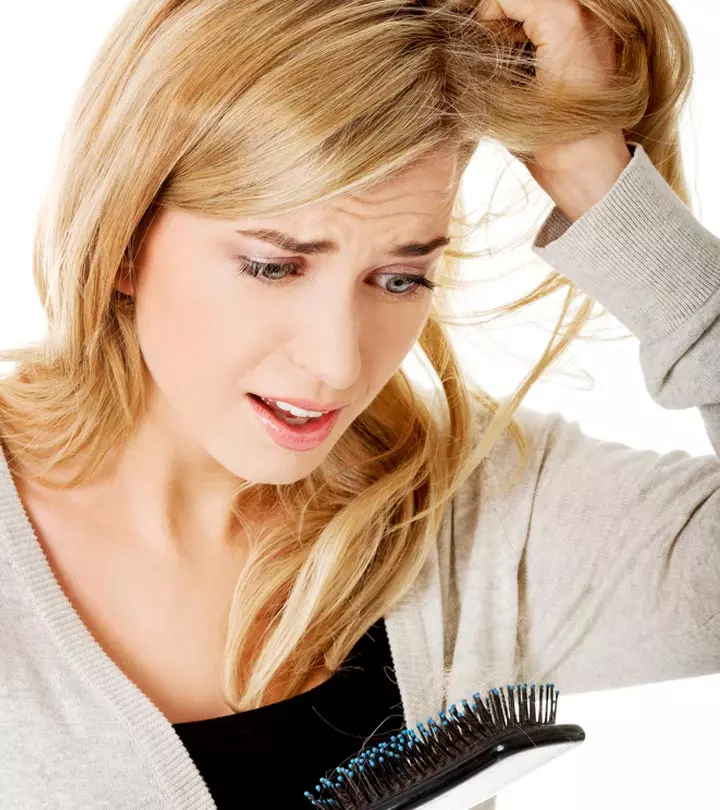
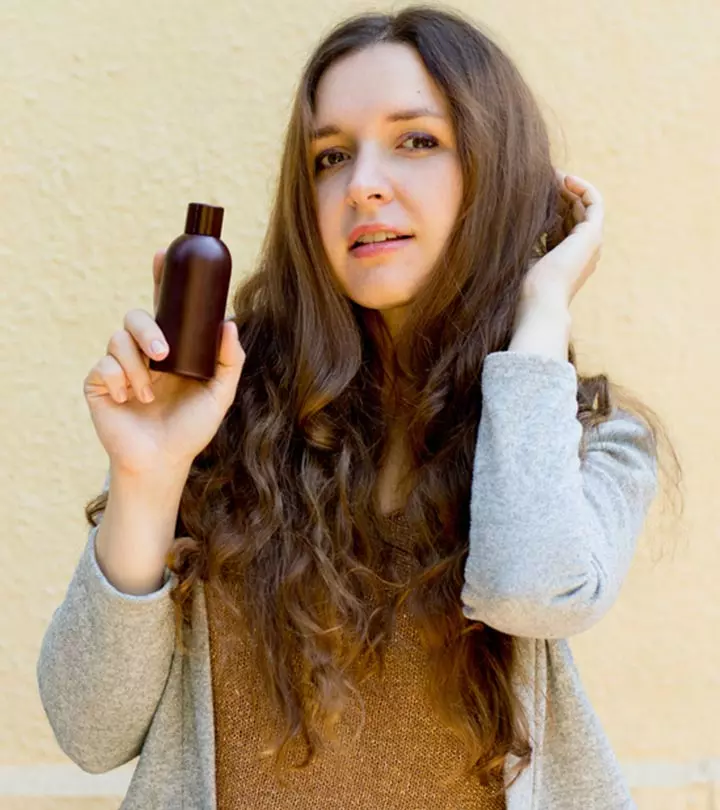
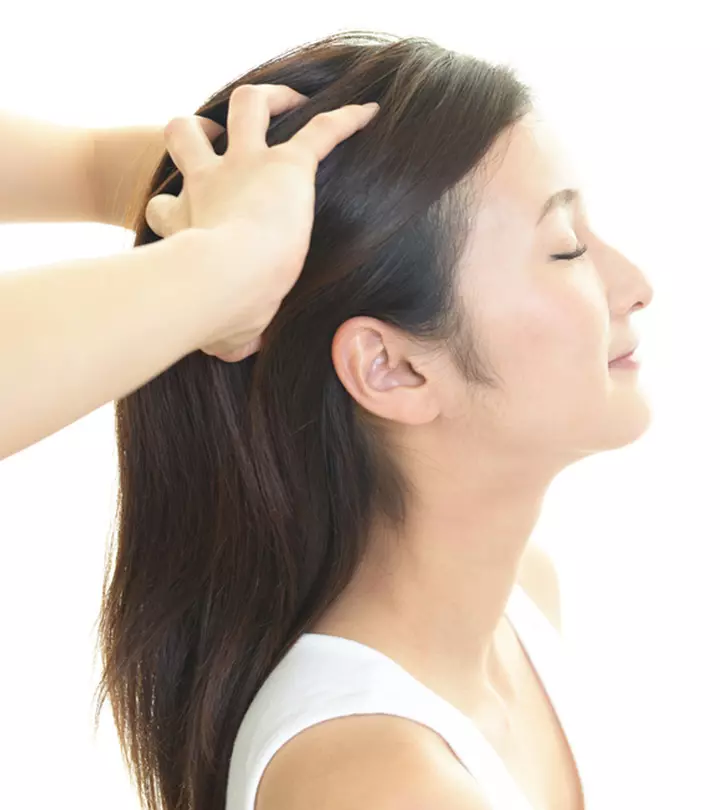
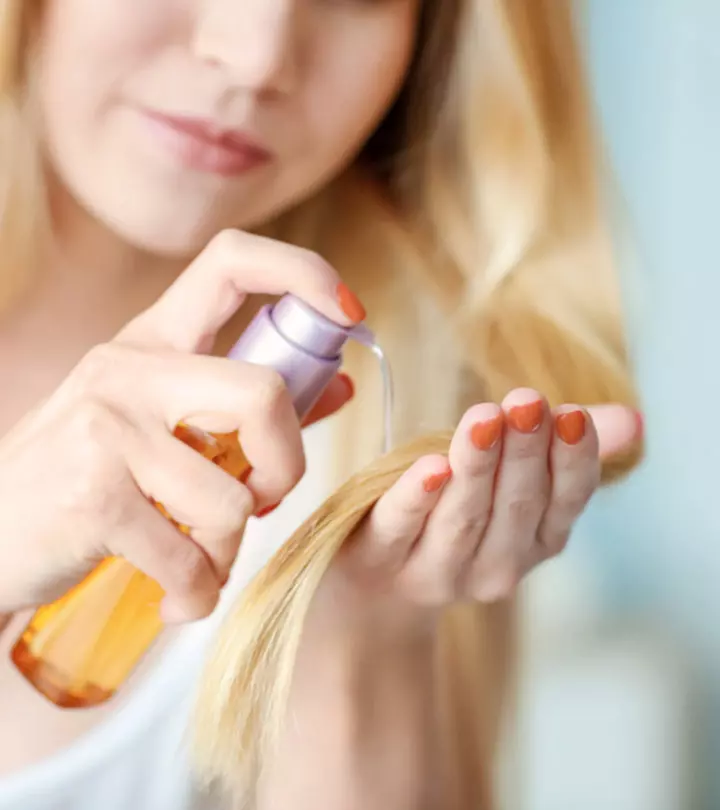
Community Experiences
Join the conversation and become a part of our empowering community! Share your stories, experiences, and insights to connect with other beauty, lifestyle, and health enthusiasts.